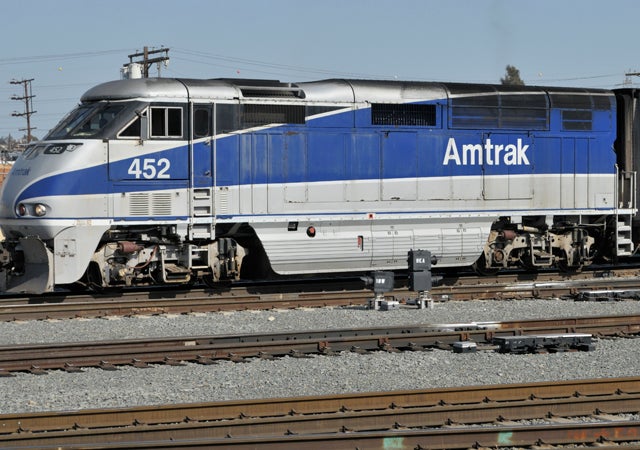A company that has lobbied for greater federal transportation funding may have overcharged the federal government by millions for a construction contract, according to a recent report by federal watchdogs.
Watsonville, California-based Granite Construction has been prodding Congress to maintain or increase federal funding for transportation construction projects. The company’s president and CEO pleaded for “significant new investment in our transportation system” at a Senate Environment and Public Works hearing in January.
Sen. Barbara Boxer (D-CA), who chairs the EPW Committee, touted Granite as a stimulus success story during her successful 2010 reelection campaign. She met personally with Granite executives the year before to discuss infrastructure spending.
Granite is “positioned to benefit from future infrastructure stimulus spending,” according to financial observers. The company has spent $210,000 since last year lobbying for legislation that would increase federal transportation funding, according to disclosure forms.
But a report released last month by Amtrak’s Inspector General revealed that Granite may have overcharged the federal government by more than $2 million in servicing a construction contract related to four New York City-area tunnels.
From the IG report:
In December 2002, Amtrak entered into a contract for a firm-fixed amount totaling $66,340,000. As of December 31, 2011, contract modifications had increased the contract value to $84,548,927. The contract’s purpose was to reconstruct and upgrade the ventilation shaft facilities servicing the four East River tunnels in Long Island City, New York. This upgrade required a design change to the original scope of work that extended the critical path of the project.
Our analysis of the documentation supporting the extended overhead claim showed that the claim was not adequately supported. The extended overhead modification allowed charges to be billed for extended indirect overhead costs resulting from the increase in the contract’s period of performance. However, the contractor claimed direct costs, general and administrative costs, and profit, instead of submitting extended indirect overhead costs. Therefore, we concluded that the contractor’s claimed costs were not allowable under the terms of the contract modification. As a result, Amtrak paid the contractor $2,027,446 for charges that were not adequately supported.
In summary, we recommended that Amtrak (1) work with the contractor to establish an appropriate claim amount that is supportable and verifiable; and (2) based on the results of that review, recover any unsupported portion of the $2,027,446 paid to the contractor. Amtrak’s Chief Logistics Officer agreed with our finding and recommendations.



























